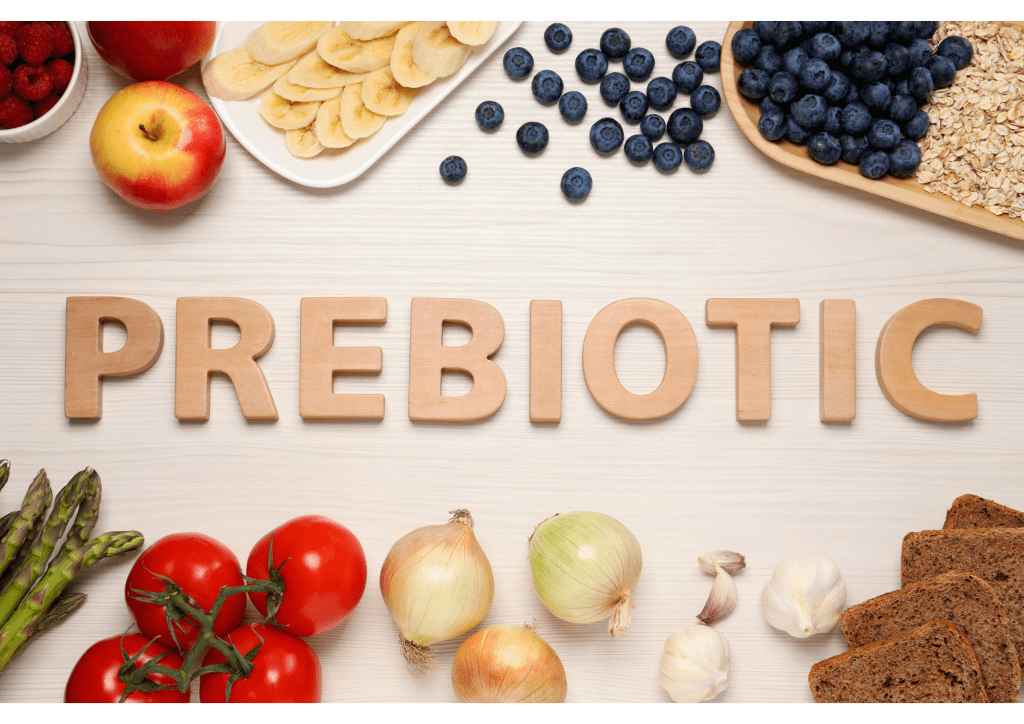You’ve probably felt it—bloating after a meal, a burning sensation in your chest, or that heavy, sluggish feeling that just won’t go away. These aren’t just random discomforts. In many cases, they’re signals from your gut that something isn’t quite right. And often, the culprit is an imbalance in your gut bacteria.
Gut health is a hot topic these days—and for good reason. Your gut is more than just a digestive system. It’s home to trillions of microorganisms that affect everything from your metabolism and immune system to your mood. But when the wrong kinds of bacteria grow out of control, they can throw the whole system into chaos.
Let’s dive into how to tackle the harmful bacteria causing that bloating and heartburn—without destroying the good guys in the process.
The Truth About “Good” vs. “Bad” Bacteria

Not all bacteria in your gut are enemies. In fact, most of them are vital for digestion, nutrient absorption, and even immune function. The problem arises when harmful bacteria—often called “pathogenic”—take over, outnumbering the beneficial ones.
So what happens then?
You start experiencing symptoms like:
- Persistent bloating
- Acid reflux or heartburn
- Gas and indigestion
- Irregular bowel movements
- Brain fog and fatigue
This imbalance is called dysbiosis, and it’s more common than you think—especially if your diet is high in processed foods or you’ve recently taken antibiotics.
Why Balancing Your Gut Beats Killing Everything
Here’s a mistake people often make: trying to nuke all the bacteria in their gut with harsh cleanses or strong antibiotics. It’s like burning down your house just to get rid of a few termites. Sure, you’ll eliminate some bad microbes—but you’ll also destroy helpful ones that keep your gut balanced.
Instead of going full scorched-earth, think of your gut like a garden. You don’t yank out everything when you see weeds. You carefully remove what doesn’t belong and nourish the plants you want to thrive.
Video : How to Wipe Out Bad Bacteria in the Stomach
What Causes the Bad Guys to Take Over?
Your gut ecosystem can shift for many reasons. Some of the most common include:
- High sugar and processed food intake – feeds yeast and harmful bacteria
- Chronic stress – raises cortisol and suppresses digestion
- Antibiotics – wipe out both bad and good bacteria
- Low-fiber diet – starves beneficial microbes
- Sedentary lifestyle – slows digestion and immune function
When these habits persist, opportunistic microbes like Candida, C. difficile, and harmful E. coli strains begin to multiply. These troublemakers ferment undigested food, producing gas and triggering inflammation.
How to Support a Healthier Gut Microbiome
If you want to fix bloating and heartburn at the source, you don’t need a complicated supplement routine. Start with these natural, proven approaches:
1. Eat More Fermented Foods
Fermented foods are packed with probiotics—live microorganisms that populate your gut with beneficial bacteria. Try adding these to your diet:
- Sauerkraut
- Kimchi
- Kefir
- Yogurt (look for live cultures)
- Miso
- Pickles (in brine, not vinegar)
They don’t just help you digest food—they actively push out bad bacteria by creating a more acidic, hostile environment for them.
2. Feed Your Gut with Prebiotics

Your good bacteria need fuel—and that fuel is fiber. Prebiotics are specific types of fiber that feed probiotics and help them thrive. Some top sources include:
- Bananas
- Garlic
- Onions
- Leeks
- Oats
- Apples
- Chicory root
Think of prebiotics as the fertilizer that helps your gut garden grow.
3. Use Gentle Herbal Antimicrobials
Sometimes, you do need to address harmful bacterial overgrowth directly. But instead of antibiotics, consider herbal antimicrobials, which are gentler on the gut ecosystem:
- Oregano oil – powerful but should be used short-term
- Garlic extract – antimicrobial and antifungal
- Berberine – helps eliminate pathogens and regulate blood sugar
- Thyme and clove oil – natural antibacterial agents
Use these only under guidance from a healthcare provider, especially if you suspect conditions like SIBO (Small Intestinal Bacterial Overgrowth).
4. Manage Stress
Chronic stress can suppress stomach acid production, slow digestion, and allow bad bacteria to thrive. Simple stress-reducing techniques like:
- Deep breathing
- Walking
- Yoga
- Journaling
- Meditation
…can have a surprisingly powerful effect on your gut health.

5. Limit Foods That Feed the Enemy
Certain foods feed the bad guys and promote gas and inflammation:
- Refined sugar
- Processed carbs
- Alcohol
- Artificial sweeteners (like sucralose and aspartame)
- Fried and greasy foods
If you suffer from bloating and acid reflux, try an elimination approach. Cut these out for two weeks and see how your gut reacts.
6. Test for Underlying Gut Issues
If your bloating and heartburn don’t improve, you might be dealing with deeper issues like:
- SIBO
- H. pylori infection
- Candida overgrowth
- Leaky gut syndrome
- Food sensitivities (especially to gluten, dairy, or eggs)
Stool tests, breath tests, and functional medicine evaluations can pinpoint what’s going on—and help you tailor your healing strategy.
Video : The Effect of Food on the Gut – Shilpa Ravella
Signs You’re on the Right Track
Once you begin restoring balance, here’s what you may notice:
- Reduced bloating and gas
- More regular bowel movements
- Less heartburn and reflux
- Improved mood and focus
- Better skin clarity
- Increased energy
Healing your gut doesn’t just affect your stomach—it impacts your entire body and mind.
Conclusion: Heal Your Gut, Heal Your Life
You don’t have to live with bloating, heartburn, or a cranky gut. The answer isn’t to “kill off” every bacteria in sight—it’s to bring your gut back into balance. Feed your microbiome, avoid inflammatory foods, use natural support when necessary, and manage your stress.
Your gut is smarter than you think—it just needs the right tools to thrive. Give it what it needs, and it’ll return the favor by making you feel lighter, clearer, and more energized every day.


